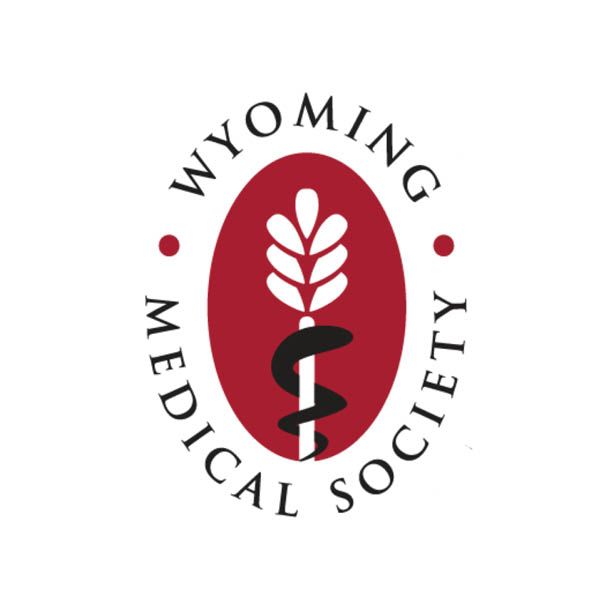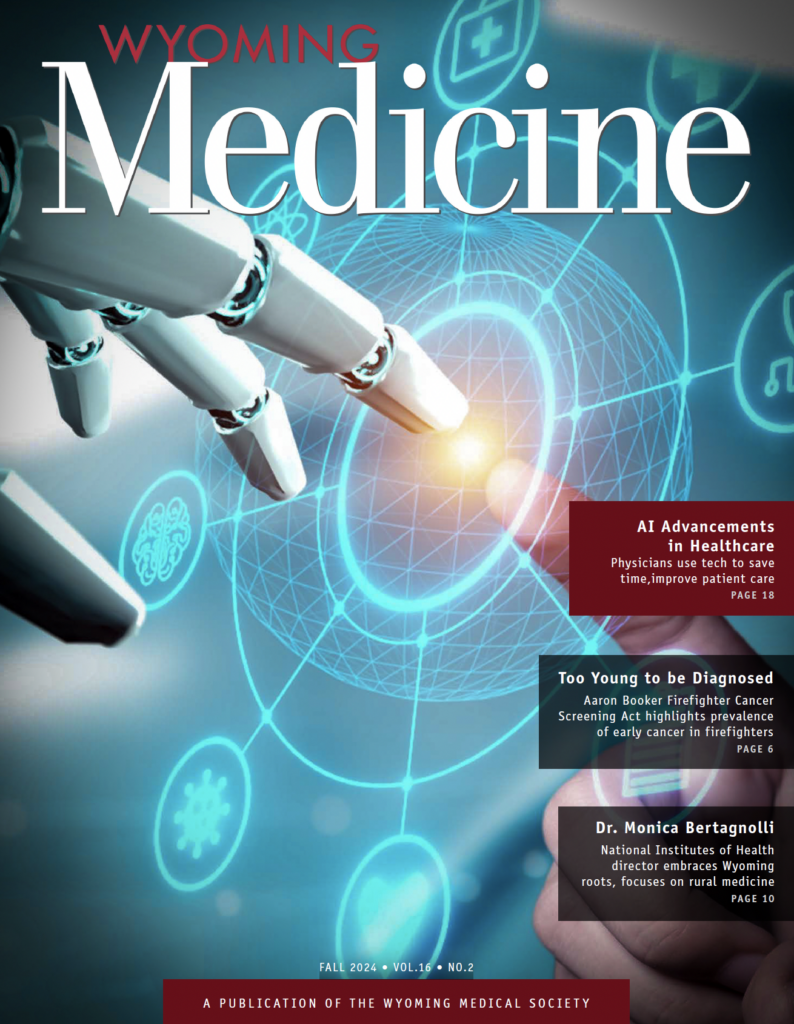What is time management?
Time management is the practice of organizing and planning your time to fulfill obligations and accomplish tasks. Whether you are a college freshman creating your own schedule for the first time, or an adult learner juggling work and family obligations, effective time management is essential to your success in college. However, many individuals struggle with time management. This page offers strategies for managing your time and incorporating studying into your other school and life commitments.
Why is time management important?
As a college student, you must devote a significant amount of time to attending class, studying, and doing homework, but you also likely have personal commitments like work, family, and friends that you need to consider.
While it may be tempting to cut out all other activities in favor of studying, and there will certainly be times when you have to forgo a work shift or social event to complete a school assignment, striking a healthy school-life balance is critical to your long-term success and quality of life in college. Neglecting relationships, personal interests, and self-care is a recipe for burnout.
Time management is all about organizing your life so you can have an optimal balance between school and life. If you are prepared for tests and project deadlines, you won’t have to miss hanging out with friends to pull an all-nighter, and if you know when your life obligations are, you won’t have to be studying at your cousin’s wedding.
8 Tips for Good Time Management
Follow the tips below to start developing good time management skills!
Tip #1: Keep a detailed schedule for school and life commitments
As discussed in the last section, having a detailed study plan is key in committing time to studying. Part of creating the study plan is mapping out important dates for school work, like tests, exams, and project due dates. Do this at the start of each term; each course instructor should give you a syllabus detailing all of this information within the first few days of class.
You should also include life commitments, like work deadlines and social events, on this calendar. This long-term planning may feel like a drag, but it will save you time and stress when you don’t have assignments or obligations sneaking up on you.
Tip #2: Write down your study plan
Instead of just planning study sessions in your head, include them on your calendar so you are reminded every time you look at it. You will be more likely to follow through with your study plan if it is clearly marked on your calendar. If you use a calendar app, set reminders for what you should be studying, and when. Making a schedule and sticking to it will allow you to develop a routine that you can easily follow.
Tip #3: Prioritize your assignments
When you are juggling a multitude of tasks, as most college students are, prioritization is very important.
You can prioritize based on the urgency of assignments – reading a chapter that will be discussed in class tomorrow should be prioritized higher than studying for midterms in two weeks. But be sure not to de-prioritize things too much – the purpose of a study plan is to avoid putting off studying and assignments until the last minute.
Another way to prioritize is by assessing the difficulty of the subject or assignment. You may want to devote more time to studying subjects that are new to you, or those in which your grade needs improvement. Also, remember to study the harder subjects first so that you tackle them with a fresh mind.
Whichever way you decide to prioritize, write down your tasks in the order in which you plan to complete them. Not only will this provide a visual reminder of what you plan to accomplish, but crossing items off your check-list can provide a motivation boost.
Tip #4: Break down big assignments into smaller chunks
Few things can be more intimidating than having to complete a large assignment, like a term paper, all at once. Avoid this by breaking the work into smaller, more manageable tasks. For example, if you are writing a term paper, the steps could be:
- Doing research and taking notes
- Writing an outline
- Writing the introduction and thesis statement
- Writing the body
- Writing the conclusion
- Revising
These tasks can be spread out over the course of several days or weeks, so you’re not sitting down in front of a blank screen right before the paper is due
Tip #5: Be realistic about how much time assignments will take
A big part of time management is understanding how long it takes you to complete tasks. It’s common for people to underestimate how much time they will need to complete a task (a phenomenon called “the planning fallacy”), so try to avoid this pitfall by trying different time-tracking techniques, and being honest with yourself about your productivity.
Tip #6: Avoid distractions and time-wasters
Distractions and disorganization can significantly undermine your time management skills. An hour of study time is not nearly as effective if you spend thirty minutes checking your email, responding to texts, or browsing social media. Cut down on distractions as much as possible by:
- Finding a quiet, private place to study
- Asking roommates to not interrupt you when studying
- Putting your phone on silent, and stashing it out of sight
- Using apps that block social media, messages, and other distractions on your phone or computer
Staying organized will also help you to avoid wasting valuable time. Since you will be enrolled in several classes at a time, it is important that you organize your study materials in an easily accessible way. Find an organization method that works for you, such as using a separate binder or folder for each class. Also, when going into a study session, make sure you have anything you need. You don’t want to interrupt your study session by searching your room for flash cards or notes. If you are taking online courses, learn how to organize files in the most efficient way possible to avoid wasting time sifting through your hard drive for course materials.
Tip #7: Minimize multitasking
When you have multiple tasks to accomplish, it can be tempting to try to address them all simultaneously, in the practice known as multitasking. However, there is evidence that multi-tasking can actually decrease humans’ productivity, and that it lowers students’ retention of material and impacts grades negatively.
Make the most of your study sessions by focusing on one subject or assignment at a time. This will help you finish tasks faster, improve the quality of your work, and ensure you retain more of what you have studied
Tip #8: Reward yourself
The purpose of time management is to ensure that you don’t need to spend every waking moment studying or doing homework. It’s easier to stay on track and stick to your study plan when you reward yourself for accomplishing your study goals. This can mean taking a short walk to break up a study session, or treating yourself to a movie after you finish a large project. Take time to practice self-care, whether it’s eating a healthy meal, meditating for a few minutes a day, or getting a full night’s sleep.












